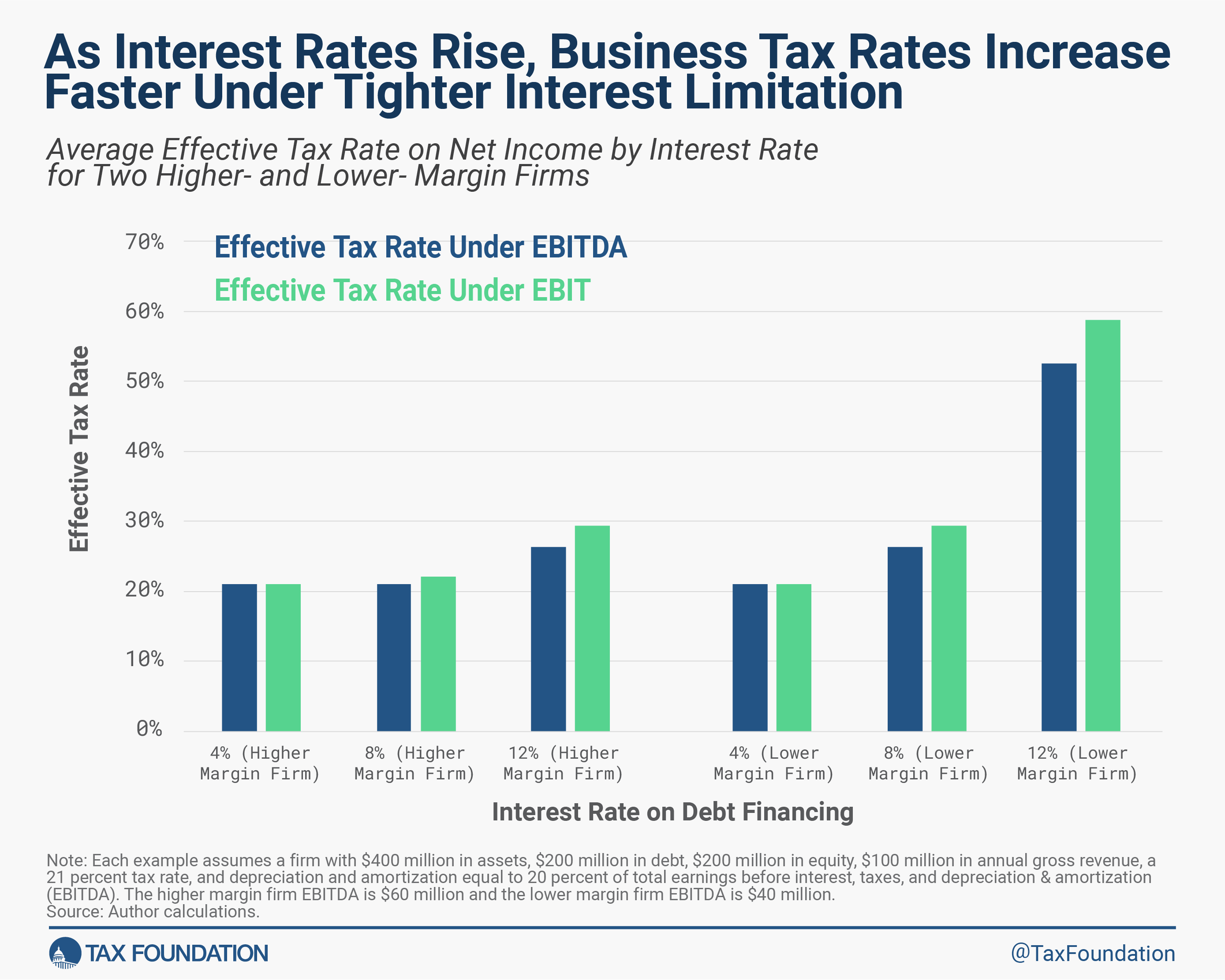New e-Filing System, New Work Requirements, New Tax Breaks
IRS issues direct e-filing report ahead of planned pilot project in 2024. The new report examines the potential costs of implementing an IRS-run tax return system and the challenges with administering such a system. It also includes polling on taxpayer interest in being able to file returns electronically with the IRS; a majority were “very” or “somewhat” interested in the idea and willing to make the switch, but interest was slightly lower among those who use a paid tax preparer.
Tougher work requirements in exchange for a debt limit increase? Speaker Kevin McCarthy (R-CA) said yesterday that tougher work requirements for public assistance programs including health care and food security were his “red line” in debt ceiling talks with President Biden. Biden expressed a willingness to discuss them. Negotiators see progress in talks.
Tune in tomorrow at noon for TPC’s Prescription with the Bipartisan Policy Center’s Shai Akabas. Akabas will talk about the latest calculations for when the US could breach its debt ceiling and the ramifications that could have for the federal budget and economy. Register and tune in here.
Iowa enacts a SALT workaround. The state has enacted an entity-level tax election for pass-through entities. This will allow a partner or shareholder to claim a credit against individual and franchise taxes paid to the state. The provision is retroactive to January 1, 2023. Iowa is the latest of several states to enact the workaround to the $10,000 cap on state and local tax deductions, set by the 2017 Tax Cut and Jobs Act.
Oklahoma lawmakers reach deal on tax credits for private school or homeschooling. Republican Gov. Kevin Stitt and GOP lawmakers have agreed on a legislative package that includes $625 million in new recurring funding for education. The deal also secures a plan to provide a $1,000 per-student tax credit for families who homeschool their children and a tiered tax credit for private school expenses. The credit would be $5,000 per student for families earning more than $250,000 per year and up to $7,500 per student for families earning $75,000 or less, with preference given to families with a household income of less than $150,000. The private school tax credit is capped at $150 million in 2024, $200 million in 2025 and $250 million in 2026.
Texans will pay a new tax if they buy an EV. Republican Gov. Greg Abbot signed into law a new electric vehicle (EV) tax. Owners of EVs will pay $400 to register a new EV and $200 to renew an EV’s registration. The new tax goes into effect on Sept. 1 and does not apply to electric motorcycles, mopeds or autocycles. State officials estimate the tax will generate about $3.8 billion in state revenue in 2024.
In the UK: One in five will pay a higher tax rate by 2027. Prime Minister Rishi Sunak decided to temporarily freeze adjusting income tax thresholds to inflation, as the nation seeks to control inflation and deficits. The Institute for Fiscal Studies estimates that the freeze will put 7.8 million additional people into the 40 percent marginal rate bracket. Currently, the UK exempts the first £12,570, imposes a 20 percent “basic” rate on income above the threshold up to £50,270, after which a pound of income is subect to the “higher” rate of 40 percent.. Income above £125,140 faces a 45 percent rate.
For the latest tax news, subscribe to the Tax Policy Center’s Daily Deduction. Sign up here to have it delivered to your inbox weekdays at 8:00 am (Mondays only when Congress is in recess). We welcome tips on new research or other news. Email Renu Zaretsky at [email protected].






